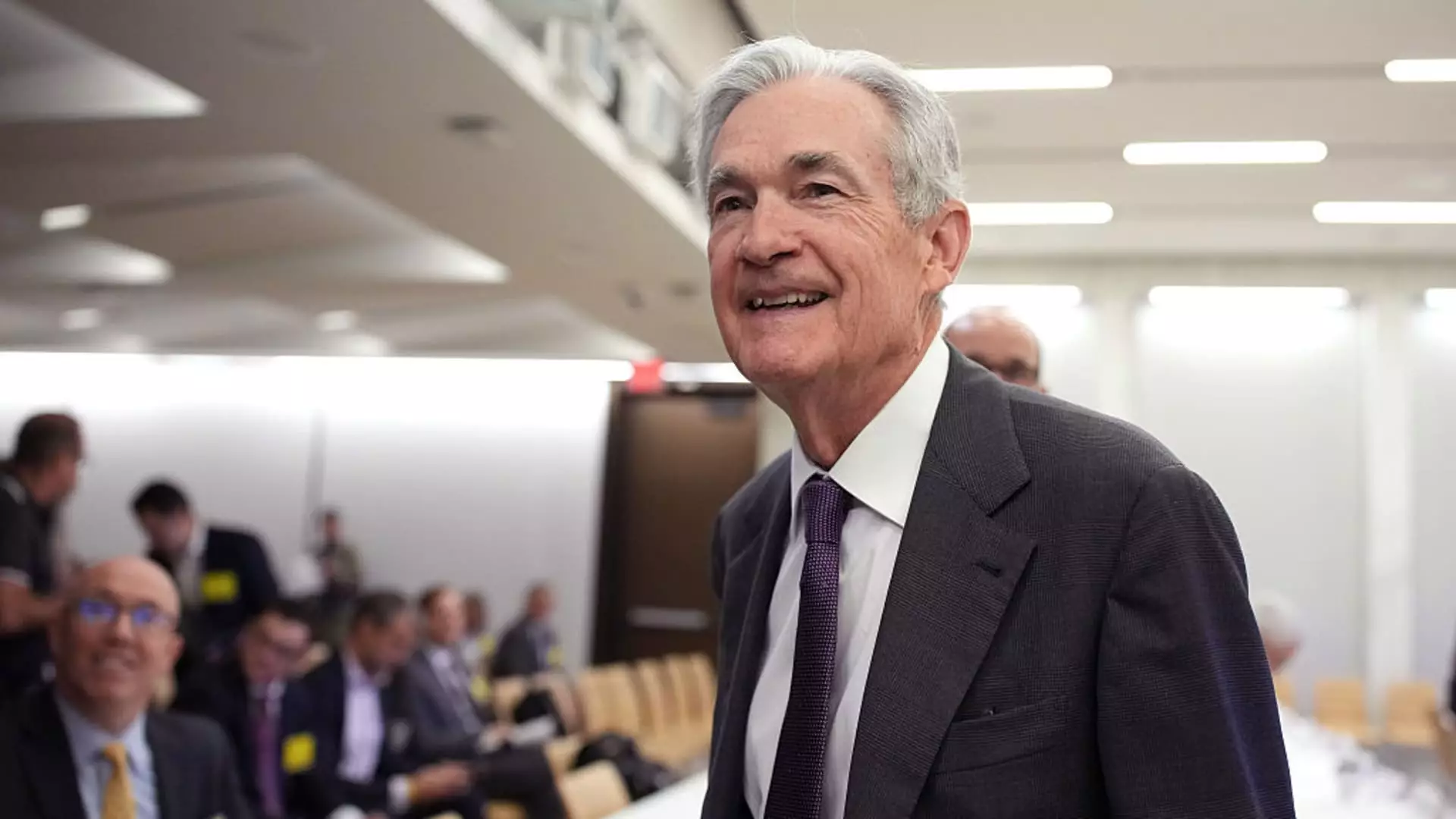The ongoing debates surrounding Federal Reserve Chairman Jerome Powell highlight a deeper issue: the delicate balance between independence and accountability in monetary governance. While many praise Powell as a steadfast leader navigating turbulent economic waters, critics argue that the Fed’s opaque operations and growing scope have created an environment ripe for missteps. The recent calls for a comprehensive review of the Fed’s functions signal a desire for transparency, but also underscore frustrations with an institution that appears increasingly disconnected from its public mandate. In an era of rising political polarization and economic uncertainty, it’s imperative to question whether unchallenged leadership can truly serve the nation’s best interests or if it inadvertently fosters complacency and drift.
The Illusion of Neutrality and the Need for Internal Oversight
Many believe that the Federal Reserve’s independence ensures sound economic policy without partisan interference. However, this perceived neutrality can obscure the necessity for internal checks and balances. Treasury Secretary Scott Bessent’s suggestion for an internal review—distinct from external political pressures—is a compelling proposition. Such a review could illuminate areas where the Fed has expanded beyond its core responsibilities, such as managing inflation and employment, into realms where political influences may subtly sway decisions. The fact that Bessent emphasizes keeping monetary policy separate from external oversight reflects a nuanced understanding of the pitfalls when institutions grow unwieldy. An internal audit might serve as both a safeguard against overreach and an opportunity for the Fed to recalibrate and reaffirm its foundational mission.
The Politics of Monetary Policy and Leadership Stability
The tension between political actors and the Fed is hardly new, but recent developments breathe new life into these debates. President Trump’s publicly voiced hopes for Powell’s resignation and discussions about removing him altogether reveal a troubling politicization of monetary policy. Such interference risks undermining the credibility of the Fed as an autonomous institution, an essential attribute for its effectiveness. Powell’s decision to remain committed to a data-driven approach, despite the noise, underscores the importance of sticking to principles during turbulent times. Failing to uphold independence not only threatens policy stability but also erodes public trust. The looming policy meetings, with expectations of no immediate rate changes, demonstrate a cautious approach that prioritizes data over political pressures—yet the mere existence of such conflicts raises concerns about the long-term health of America’s monetary framework.
The Costs of Missed Oversight and Lost Legacies
Bessent’s remarks about Powell having the opportunity to “right-size” the Fed’s responsibilities and to demonstrate leadership through internal reforms introduce a powerful narrative: leadership matters profoundly in shaping institutional legacy. The Fed’s recent projects, such as the exorbitant building renovation, symbolize how unchecked expansion can lead to inefficient allocation of resources and a loss of public confidence. As markets remain poised between stability and volatility, the importance of transparent, accountable leadership becomes even more pronounced. Powell’s legacy hinges not only on navigating economic challenges but also on fostering institutional discipline and accountability. If the Fed fails to adapt and scrutinize its growing complex operations, it risks losing the moral authority that shields it from undue political influence.
The Future of Monetary Policy: Balance, Transparency, and Courage
Market expectations suggest the Federal Reserve will maintain current interest rates, yet the debate over future cuts persists. The careful waiting game reflects a prudent approach, but it also highlights the underlying tension: Should the Fed act proactively or wait for clearer signals? The decision will inevitably intertwine with perceptions of independence and accountability. Powell’s leadership will be judged not solely on economic outcomes but also on how transparent and courageous he is in addressing internal and external pressures. An institution that embraces rigorous oversight and willingly confronts its shortcomings—rather than dismissing criticisms or deflecting reform—will emerge stronger. Conversely, failure to adapt and modernize risks ceding ground to politicization and public disillusionment. The challenge lies in balancing stability with reform, authority with accountability, and expertise with humility—traits that define truly effective leadership in complex economic climates.

